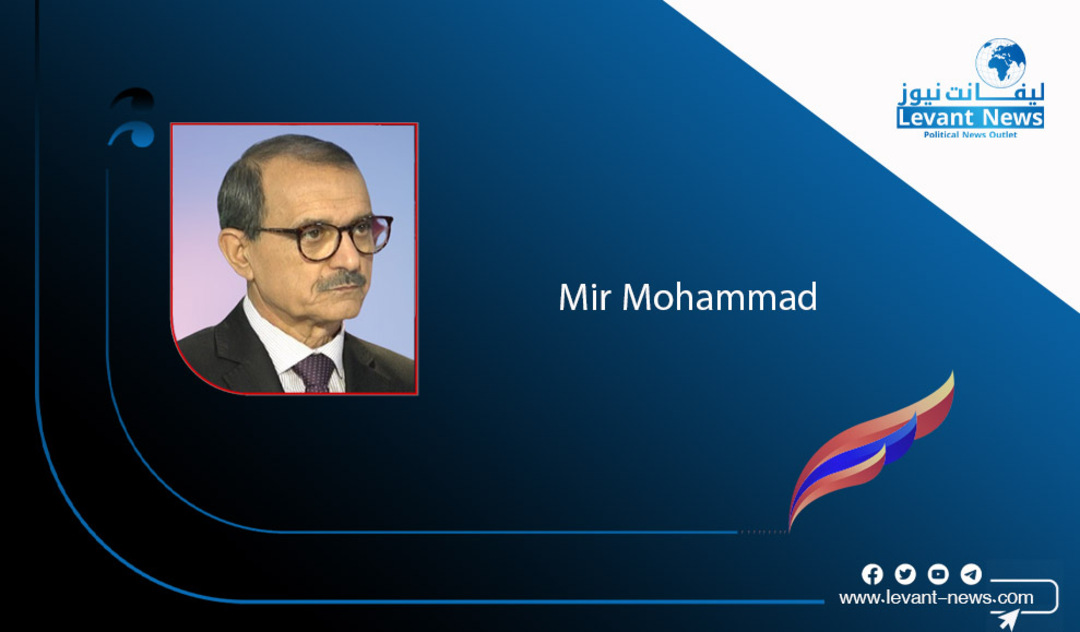-
Iran... The Supreme Leader’s Authority Is Eroding

According to an Iranian proverb: “Oxen clash as they reach solid ground during plowing.” The current situation of Iran’s ruling Wilayat al-Faqih system exemplifies this metaphor. The regime has become so unstable and fragile that Supreme Leader Ali Khamenei has reached a point of extreme vulnerability, and his dominance is crumbling. Within the hierarchy of power, he is no longer considered "the Shiite leader in Iran and the world," but rather, many are opposing his absolute authority and seeking to overthrow him. They might not openly voice such criticisms, but it’s evident that he no longer embodies "an unstoppable force." Khamenei vividly perceives this weakness and distress. Below, we explore the evidence and manifestations of this crisis.
When observers and political analysts discuss the impacts and consequences of the recent 12-day war—an event that compounded the pre-existing negative conditions—they emphasize that Iran faces an extremely difficult path ahead if it insists on swimming against the tide and neglects international demands.
The effects of the aforementioned war, intertwined with ongoing negative realities across various sectors, create a unique and dangerous scenario that can be likened to what the late Yemeni President Ali Abdullah Saleh once described as “dancing on the heads of snakes.” Such is the level of peril, particularly for the Supreme Leader, especially after the regime’s isolated stance has reached unprecedented levels.
The position of the Wilayat al-Faqih, which once enjoyed distinguished reverence during the founding of the Islamic Republic by Ayatollah Khomeini, has dramatically shifted during Khamenei’s era. Whereas previously any deviation from the position was unthinkable, today, following protests against the system and the Supreme Leader himself, and amid the severe repercussions of the 12-day war, officials within the regime have begun to openly criticize and vehemently oppose Khamenei.
In this context, on Wednesday, August 13, former regime parliament member Bravaneh Solteshouri launched a sharp attack on Khamenei, who had proclaimed, “There will be no war, and we will not negotiate.” She wrote: “The Islamic Republic, with its ‘Islamic Ummah’ doctrine, has failed to build or preserve the Iranian nation. All that remains of Iran is ruin, and all that remains of the Islamic Ummah are curses and hatred. It has wasted ‘honor and wisdom’ under the slogans ‘No War, No Negotiation,’ resulting in war and negotiations happening anyway. Now, it cannot even safeguard Iran…”
A striking indicator of the regime’s weakness and decline was the appearance, on the same day, of former president Hassan Rouhani, who said: “We need to develop a new strategy... What happened in the last two years in this region and what we’ve witnessed in recent months within the Islamic Republic are problems that those responsible and their councils must address.”
Similarly, on August 11, Mohsen Hashemi, son of Akbar Hashemi Rafsanjani, told state television: “Our country has been struck by something imposed upon us—something we did not expect—and even the Supreme Leader did not believe a war would occur. He kept saying there would be no negotiation and no war, but it happened… The country’s current situation does not allow us to avoid making difficult decisions. We must make these tough choices quickly, or there will be irreplaceable losses…”
Responding to the faction attempting to downplay the significance of the trigger mechanism related to sanctions, Hashemi added: “Chapter VII of the UN Charter also presents a dangerous situation because it allows states to launch military attacks against Iran accordingly. That means it is no longer necessary to get Security Council approval. If they say Iran has not complied with the resolutions, they can form an alliance and attack based on that coalition.”
Given what we have outlined, the overall outlook for Iran’s deteriorating situation appears increasingly fragile. Most notably, the position of the Wilayat al-Faqih has been stripped of its sanctity, becoming subject to severe criticism—an importance that should not be underestimated or dismissed, as it signifies the beginning of the erosion of this institution’s legitimacy. This could be the precursor to a decisive move to eliminate it altogether.
Mir Mohammad
You May Also Like
Popular Posts
Caricature
opinion
Report
ads
Newsletter
Subscribe to our mailing list to get the new updates!




















